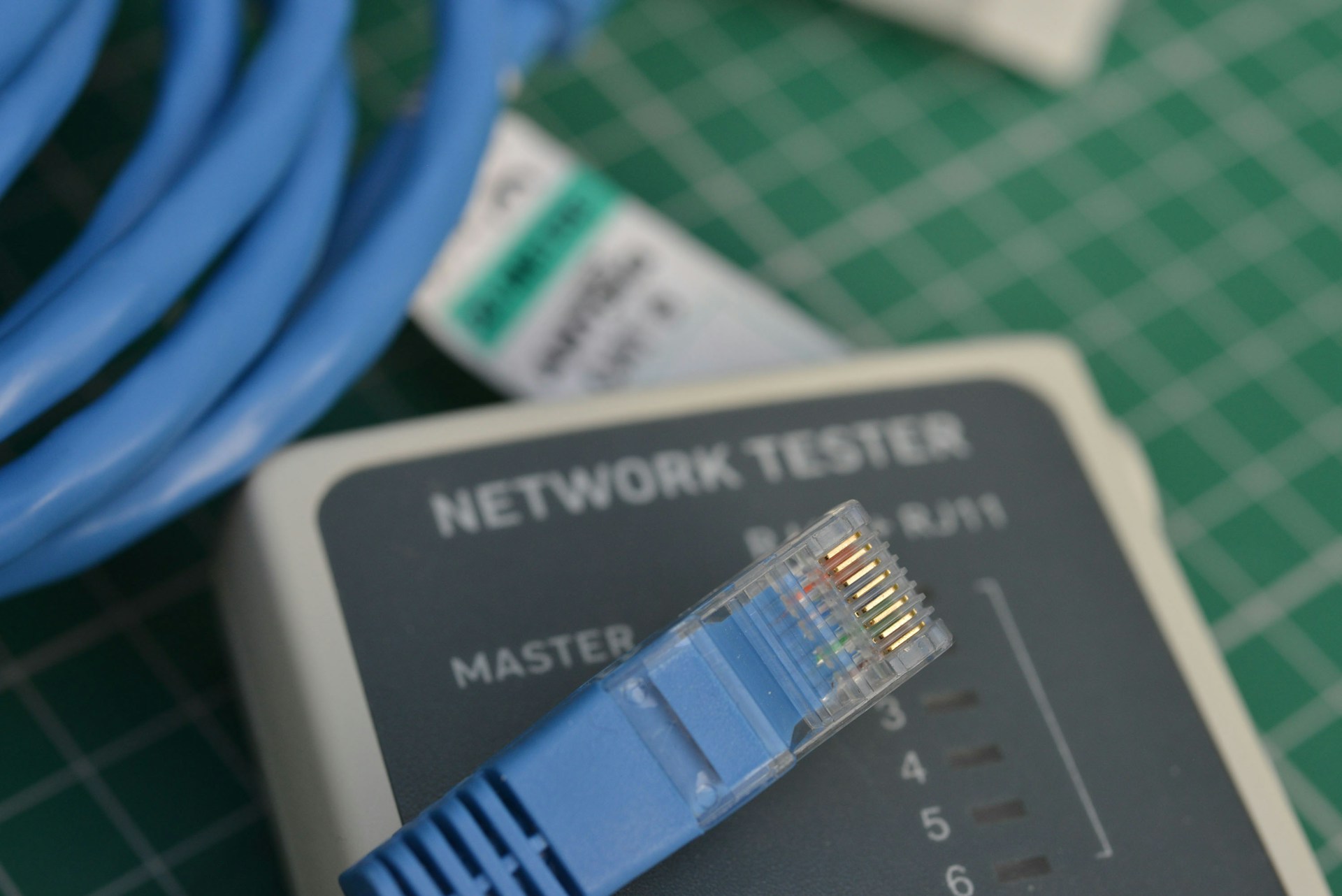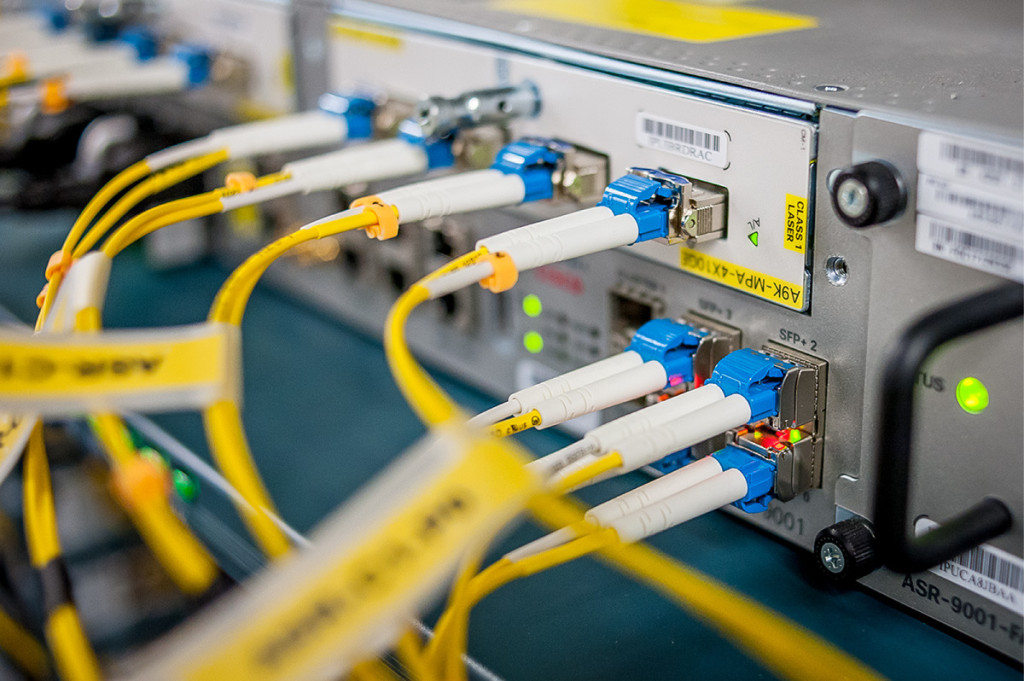OpenBinacle® Wayback Machine (WM) data can reveal patterns of bias, discrimination, or exclusion in content, which can then be flagged, mitigated, or balanced in AI training datasets. Training on historical data helps models become more robust and better equipped to handle inputs with varied contexts, styles, and terminologies, even if they are not currently mainstream. This can make models more adaptable, helping them provide accurate results across diverse contexts and demographics.
In ensuring historical consistency, contextual understanding and content validation, especially when used for applications like OBMeet® chatbots, virtual assistants, or creative writing, OpenBinacle® Wayback Machine (WM) can help validate content that aligns with historical facts, events, or socio-cultural norms of a specific period.
For example, our generative AI models are trained with historical content from OpenBinacle (WM) and can better emulate speech and views from the early 2000s or even earlier, adding realism to creative or educational applications.
For Fact-Checking and Verification, OpenBinacle Wayback Machine's historical archives allow OBTranslate® and OBMeet® AI models to cross-check facts from different times, improving the accuracy of information provided by generative or retrieval-based AI models. This helps in applications that require precise historical knowledge or fact-based generative outputs.
To understand the impact of AI on society over time, with OpenBinacle® Wayback Machine (WM), researchers can trace the public's perception and conversation surrounding AI, ML, and related technologies over the years. By analyzing this data, AI researchers can learn how societal attitudes toward AI have evolved, aiding in ethical research that prioritizes public trust and acceptance.
Read More
|
Our Data Centre



